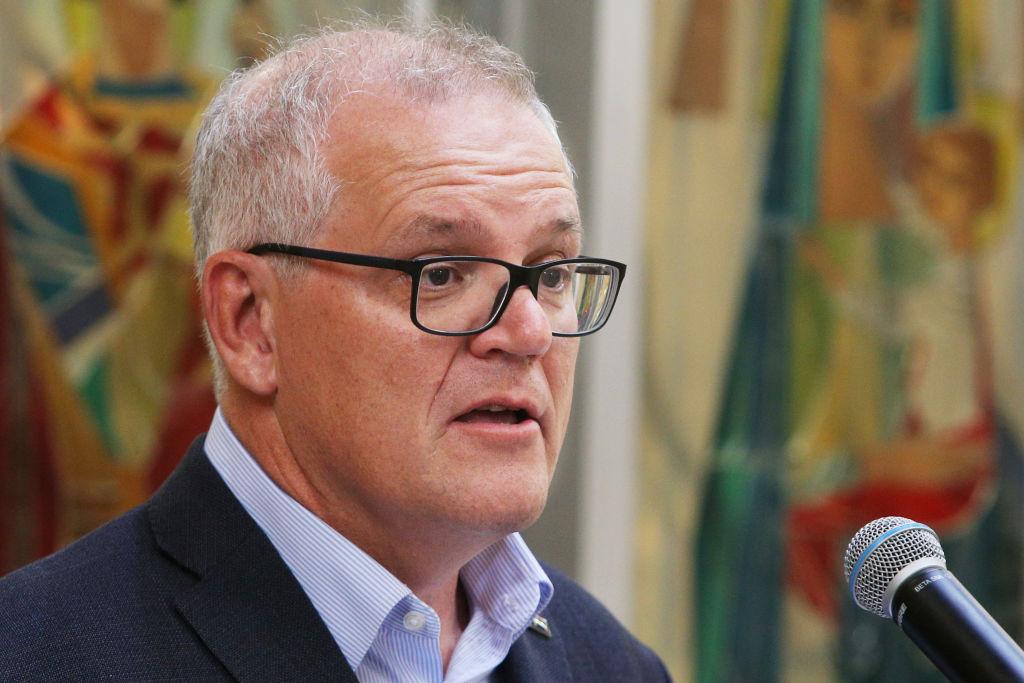The Australian government will provide AU$70 million (US$50 million) to purchase military equipment and weapons for Ukraine in its efforts to fend off an ongoing Russian invasion.
Prime Minister Scott Morrison made the announcement following a meeting of the National Security Committee and will see the funds channelled to NATO where it will be decided how the money is distributed.





